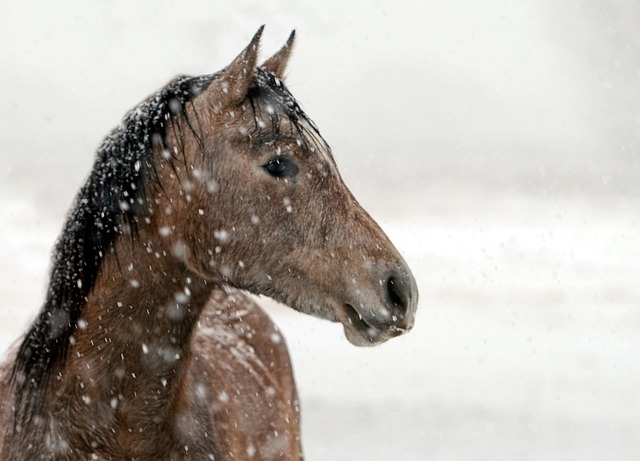This week, I spoke at my last event for 2018, the Swisher County Ag Day in Tulia. I want to thank all of you who have come to my programs this year–having the opportunity to speak with you is something I do not take for granted. To see where I’m headed in 2019, click here.

Here are some of the ag law stories in the news this week.
*Second judge finds EPA’s postponement of the 2015 WOTUS rule violates Administrative Procedures Act. Recall that the Environmental Protection Agency sought to delay the implementation of the 2015 WOTUS definition to 2020. A South Carolina Court found that in doing so, the EPA violated the Administrative Procedures Act, making the 2015 definition of WOTUS applicable across the country. (Also remember that about half the states, including Texas, quickly obtained an injunction meaning it is not, in fact, applicable in every state at this time. See a map here for more info.) Last week, a second judge reached the same conclusion. The US District Court for the Western District of Washington also found that the EPA’s attempt to delay implementation until 2020 was improper as they failed to allow for public comment. [Read Opinion here.]
*Kansas “ag gag” law challenged in court. The Kansas “Farm Animal and Field Crop and Research Facilities Protection Act,” also referred to as an “ag gag” statute, is facing legal challenge. This act is the oldest in the country and prohibits persons from damaging or destroying an animal facility, animal or property with the intent to damage. It also prohibits entering a facility that is not open to the public to take photos or videos. You may recall from prior posts that courts have struck down similar type laws in Utah and Idaho, and challenges are pending in North Carolina and Iowa as well. [Read article here.]
*California voters pass additional animal production standards. In November, California voters passed Proposition 12, which establishes minimum space requirements for laying hens, sows, and veal calves. By 2020, calves must have at least 43 square feet of floor space and hens at least 1 square foot of floor space. By 2022, breeding pigs must have at least 24 square feet of space and laying hens in areas other than cage-free facilities must have 1-1.5 square feet per hen. Further, the law will prohibit any California business from selling products raised in violation of these standards. This sales ban, of course, would impact ag producers across the country, not just in California. [Read Proposition Overview here.] For those of you interested in this topic, listen to my latest podcast episode on how consumer preferences are changing production practices on farms and ranches with Brianna Schroeder. [Listen to podcast here.]
*Three tips for dealing with your digital assets. My friend Cari Rincker wrote a great blog post recently discussing tops for dealing with your digital assets. This is something many people overlook, but you’ve got assets online like your photos, social media profiles, and documents in the cloud. These assets, like all other assets, should be considered and dealt with from an estate planning perspective. Cari offers three tips to consider with regard to your digital estate. [Read article here.]
*Upcoming Ag Law Year in Review podcast. One of my very favorite things about this time of year is anything “year in review.” I love looking back over the last 365 days and remembering what happened. Paul Goeringer and I will be doing just that on a joint podcast episode that will release on Tuesday. We talk through our top 6 legal issues of 2018. Be sure you don’t miss this episode by subscribing to the Ag Law in the Field Podcast on iTunes or your phone’s podcast app, or by going to our website on Tuesday. As with all podcasts, once posted, the episodes will be available for you to listen at anytime.











